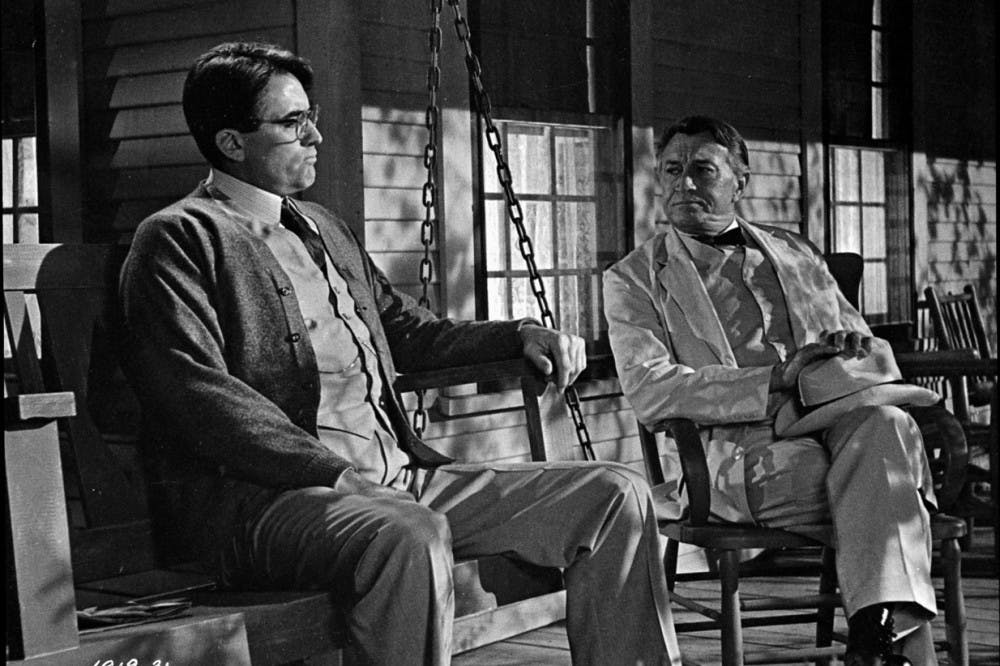On Oct. 12, the Biloxi School District of Mississippi announced that it would remove “To Kill a Mockingbird” from its eighth grade curriculum. There was national outcry, with many citing this as a disservice to young readers due to the book’s nuanced account of many pressing social issues.
"There is some language in the book that makes people uncomfortable," the school board said in its reasoning, according to published reports.
But ASU English professors agreed that intellectual growth is not meant to be a comfortable experience.
English professor Neal Lester specializes in African American literary and cultural studies. He said this is a complicated issue and believes that books shouldn’t be banned — period.
“There’s no reason to censor experiences,” Lester said. "You can certainly give warnings for those who may be triggered by things that happen in books. But the idea of banning, what are we protecting our students from? Particularly if it’s age appropriate.”
The race issues in the South that are introduced in the book go beyond a word, so to be fixated on that word as the main problem is where most of the issue lies, Lester said.
He said the real problems lie in segregation or the justice system, not just a particular word.
Brian Goodman, an assistant professor of English who focuses on U.S. literature and culture as well as human rights, said discomfort is an important part of the learning process.
A big thing missing from the popular conversation about literature is the discomfort and disquiet that great literature can breed, he said.
“I think if the Biloxi School District reinstated ('To Kill a Mockingbird') down the line, they could have a great classroom discussion about it,” Goodman said. “I think there is a complicated discussion to be had about how we should go about dealing with racially charged language in the classroom, but we should teach the controversy instead of bury it.”
There are many sides to this issue, involving students, parents and teachers. Associate professor Lee Bebout, who specializes in American Studies, said he believes teachers have to signal to parents what they’re going to be doing in the classroom, especially on such charged issues.
“Teachers need more training on how to approach these issues, by and large they’re not fully equipped,” Bebout said. “On the other side of the issue we really need school boards and administrations to have teachers’ backs when these issues arise; we’re teaching it for a reason.”
Reach the reporter at aalmouai@asu.edu or follow @zamurai_96 on Twitter.
Like The State Press on Facebook and follow @statepress on Twitter.




